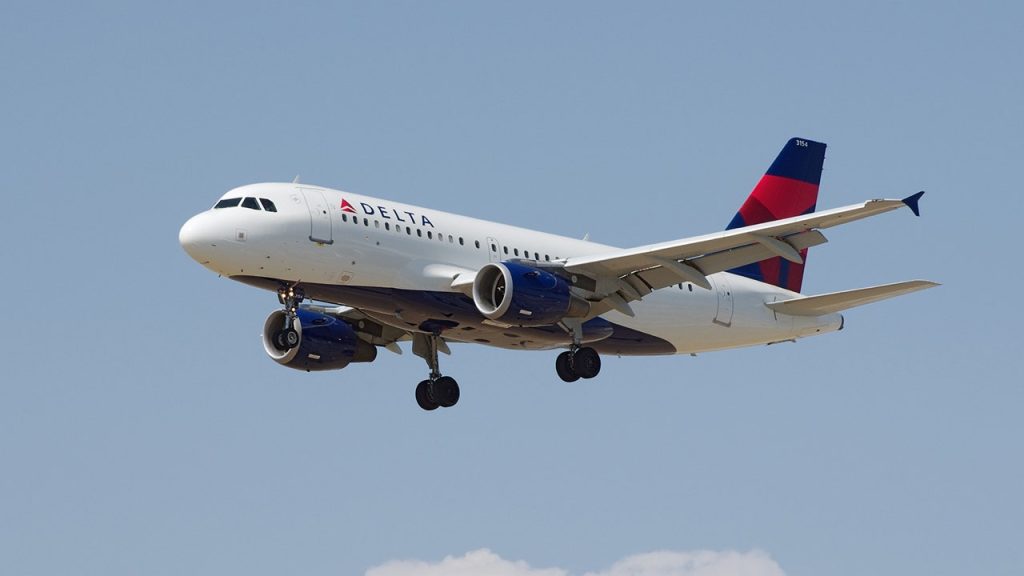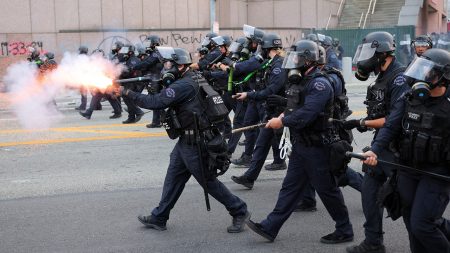Delta Flight Diverted Due to Mysterious Odor
A Delta Air Lines flight en route from New York City’s John F. Kennedy International Airport (JFK) to Orlando International Airport (MCO) experienced an unexpected detour on Saturday, February 1st, 2024. Delta Flight 2090, an Airbus A321 carrying 158 passengers, was diverted to Raleigh-Durham International Airport (RDU) in North Carolina after an unusual odor was detected within the cabin. The flight, originally scheduled to arrive in Orlando at 2:30 p.m., landed safely in Raleigh following the incident. Delta Air Lines officials confirmed the diversion, attributing it to the presence of the unidentified odor. While the source of the odor remains unknown, the airline expressed apologies to affected passengers for the disruption to their travel plans.
Passenger Re-accommodation and Delayed Arrival
Following the unscheduled landing in Raleigh, Delta Air Lines took steps to minimize the impact on its passengers. The airline arranged for the affected travelers to continue their journey to Orlando by providing alternative transportation. Some passengers were placed on new flights later Saturday evening, while others were accommodated on earlier flights to their final destination, ensuring they reached Orlando as soon as possible. FlightAware data indicates that the original Flight 2090 eventually landed in Orlando just before 9:00 p.m., marking a significant delay of approximately six and a half hours.
Simultaneous Aviation Incidents Over the Weekend
The Delta flight diversion coincided with another unrelated aviation incident involving a United Airlines flight. A passenger on United Airlines Flight 1382, traveling from Houston to New York, captured video footage of a wing catching fire during takeoff. The Boeing 777-200, carrying an unspecified number of passengers and crew, experienced the engine malfunction at George Bush Intercontinental/Houston Airport. The Federal Aviation Administration (FAA) confirmed the incident and initiated an investigation to determine the cause of the engine fire.
Emergency Evacuation and Passenger Safety
In response to the engine fire, United Airlines initiated an emergency evacuation procedure for Flight 1382. Passengers and crew were deplaned on the runway using a combination of emergency slides and stairs. Following the evacuation, they were transported by bus to the airport terminal. United Airlines officials reported no injuries during the incident. The airline arranged for the passengers to board a different aircraft to continue their journey to New York, minimizing further disruption to their travel plans.
Investigations and Further Information
Both aviation incidents, the Delta flight diversion due to an unknown odor and the United Airlines engine fire, are under investigation by relevant authorities. The FAA is conducting a thorough investigation into the United Airlines engine fire to determine the root cause and any contributing factors. Similarly, though not explicitly stated, it’s likely that Delta Air Lines will be investigating the source of the odor reported on Flight 2090. Further information regarding the outcomes of these investigations will be released as it becomes available.
Focus on Passenger Safety and Well-being
Both Delta Air Lines and United Airlines prioritized the safety and well-being of their passengers and crew in response to these separate incidents. Delta’s decision to divert the flight and accommodate passengers on alternative flights demonstrates a commitment to passenger safety. Similarly, United Airlines’ swift execution of emergency evacuation procedures and provision of alternative transportation underscores their dedication to passenger welfare. While both incidents undoubtedly caused travel disruptions and inconvenience, the airlines’ responses focused on minimizing the impact and ensuring passenger safety remained paramount.
![Who Is the Father of [Spoiler]’s Baby? Why ‘Ginny and Georgia’ Cast Remain ‘Divided’ Before Season 4](https://newsytribune.com/wp-content/uploads/2025/06/ginnygeorgiarecap-300x158.jpg)









